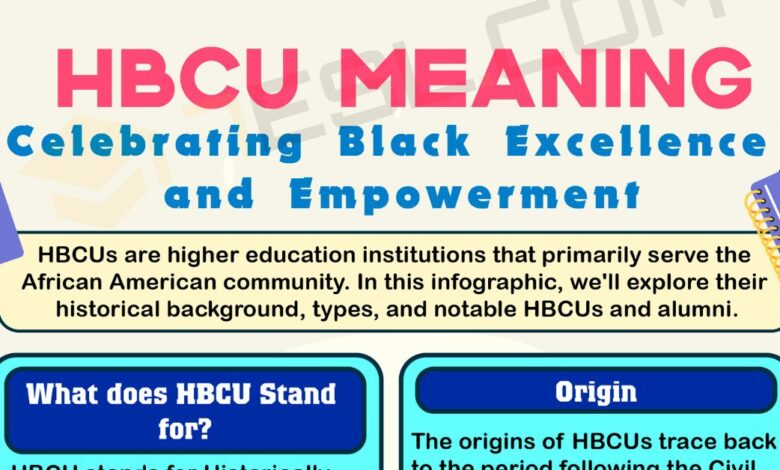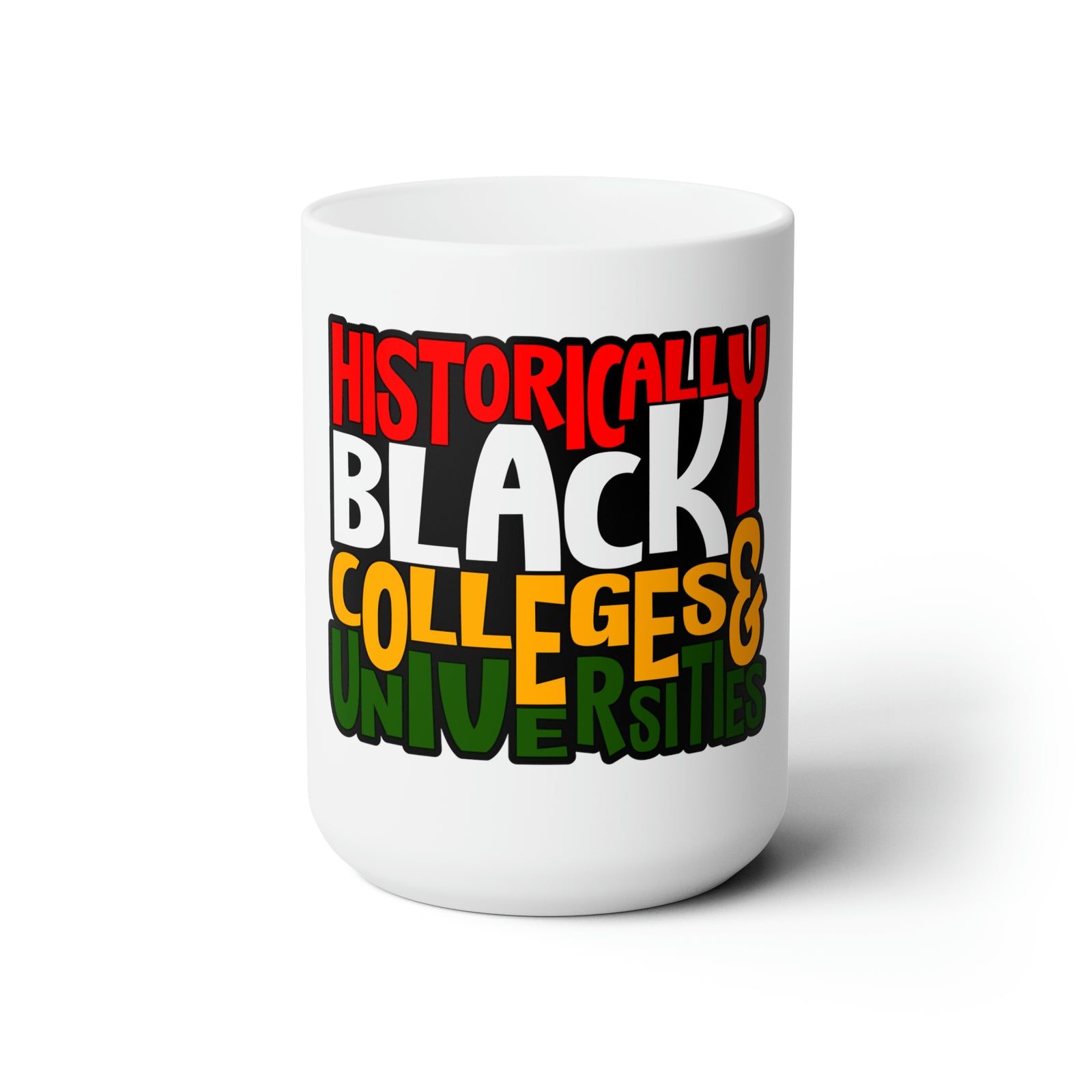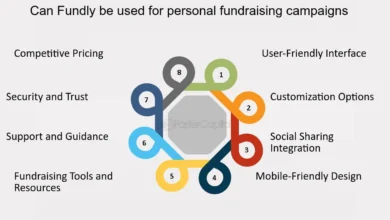HBCU Meaning: Unlocking the Legacy and Impact of Historically Black Colleges and Universities

At first glance, the term “hbcu meaning” may seem like just another acronym, but it carries a rich cultural, social, and educational legacy. HBCUs refer to Historically Black Colleges and Universities, which were established in the United States primarily to educate African American students during a time when segregation prevented access to many mainstream institutions. Today, HBCUs are known not just for their historical importance but also for fostering excellence, community empowerment, and diversity.
In this article, we’ll dive into the meaning, history, and significance of HBCUs, exploring their enduring relevance in modern education. Whether you’re a student looking for educational options or just curious about the role these institutions play, this guide will walk you through everything you need to know.
What Does HBCU Mean?

At its core, Hbcu meaning represent institutions that were created before 1964 with the mission of providing education to African Americans. While the primary purpose of HBCUs was to give Black students access to higher education, today these schools welcome students of all races and backgrounds. Their focus on inclusion, cultural awareness, and academic rigor makes them valuable contributors to the education system.
The History of HBCUs: Rooted in Resilience
The concept of HBCUs arose during a time when systemic barriers prevented African Americans from enrolling in most colleges and universities. The first HBCUs were established in the early 1800s, with Cheyney University of Pennsylvania (founded in 1837) recognized as the oldest.
These institutions provided more than just an education—they offered a space for cultural and intellectual growth for marginalized students. Despite segregation laws and limited resources, many of these schools flourished, producing some of the brightest minds in history, from W.E.B. Du Bois to Thurgood Marshall.
Even after the Civil Rights Movement and the desegregation of schools, HBCUs continued to thrive as havens for African American culture, leadership development, and academic excellence.
Why Are HBCUs Still Relevant Today?
In today’s world, HBCUs remain pillars of higher education, fostering an environment where students—particularly students of color—can feel supported and empowered. But their impact extends beyond cultural representation. Here’s why HBCUs continue to be relevant:
- Diversity and Inclusion: Although historically aimed at Black students, HBCUs now attract students from various ethnic, cultural, and socio-economic backgrounds.
- Smaller Class Sizes: Many HBCUs prioritize personalized learning, offering smaller class sizes where students can connect closely with professors.
- Leadership Development: These institutions encourage students to become leaders in their fields, producing a disproportionate number of Black doctors, lawyers, engineers, and entrepreneurs.
- Community Engagement: HBCUs promote community involvement, civic responsibility, and a deep connection to cultural heritage.
The Impact of HBCUs on American Society
HBCUs have had a significant impact on not only the lives of students but also the progress of American society as a whole. Some key contributions include:
- Advancing Civil Rights: Many HBCUs were at the forefront of the Civil Rights Movement, serving as hubs for organizing protests and activism.
- Creating Economic Opportunities: Research shows that HBCUs generate billions of dollars in economic impact annually, through alumni contributions, jobs, and entrepreneurship.
- Fostering Innovation: Institutions such as Howard University and Morehouse College have produced groundbreaking research in science, health, and social policy.
Notable HBCUs and Their Legacy
HBCUs are known for producing some of the most influential individuals across various industries. Here are a few notable examples:
InstitutionFoundedFamous AlumniNotable Contributions
Howard University 1867 Kamala Harris, Toni Morrison Prominent in law, literature, and arts
Spelman College 1881 Stacey Abrams, Alice Walker Focus on women’s leadership
Morehouse College 1867 Martin Luther King Jr., Spike Lee Leadership in civil rights and arts
Tuskegee University 1881 Booker T. Washington, Lonnie Johnson Renowned for engineering and research
Florida A&M University (FAMU) 1887 Common, Althea Gibson Excellence in business and athletics
These schools serve as powerful reminders that HBCUs are about more than education—they are about nurturing leaders, innovators, and change-makers.
Academic Programs at HBCUs
HBCUs offer a diverse range of programs across multiple disciplines. Many schools have specialized programs that cater to the needs of minority communities. Some popular programs include:
- STEM Programs: HBCUs produce a high percentage of African American graduates in science, technology, engineering, and mathematics fields.
- Law and Social Justice: Institutions such as Howard University School of Law have played critical roles in shaping the legal landscape.
- Arts and Humanities: From music to literature, HBCUs have cultivated a deep appreciation for the arts, encouraging students to express their creativity.
- Business and Entrepreneurship: With a focus on leadership, many HBCUs offer MBA programs and resources for aspiring entrepreneurs.
The Social and Cultural Life at HBCUs
The meaning of HBCUs extends beyond academics. These schools are known for vibrant campus life, steeped in tradition, pride, and community. Students enjoy:
- Homecoming Celebrations: A hallmark event that includes parades, football games, and concerts.
- Greek Life: Many HBCUs have a strong presence of historically Black fraternities and sororities, fostering lifelong connections.
- Marching Bands: Known as the “soul of the school,” HBCU marching bands bring energy to athletic events with elaborate performances.
- Alumni Networks: Graduates of HBCUs often become part of supportive alumni communities that provide mentorship, job opportunities, and social connections.
Challenges Faced by HBCUs
While HBCUs have made significant contributions, they also face unique challenges. Some of the issues include:
- Funding Shortages: Many HBCUs struggle with limited financial resources compared to larger, predominantly white institutions (PWIs).
- Infrastructure and Facilities: Some schools require updates to infrastructure to meet modern standards.
- Enrollment Competition: With increased access to mainstream institutions, some HBCUs have faced challenges in maintaining enrollment numbers.
Despite these obstacles, many HBCUs have shown resilience through partnerships, innovative programs, and alumni support.
Future Prospects for HBCUs
The future of HBCUs looks bright, as there is renewed interest in supporting these institutions. Recent developments include:
- Increased Federal Funding: In recent years, HBCUs have received increased financial support from the U.S. government.
- Corporate Partnerships: Many companies are now partnering with HBCUs to offer internships, scholarships, and employment opportunities.
- Focus on Technology and Innovation: Schools are investing in modernizing their curriculum to prepare students for the digital economy.
Final Thoughts on HBCU Meaning and Its Significance
The HBCU meaning goes far beyond being an acronym—it embodies a legacy of empowerment, perseverance, and academic excellence. These institutions continue to play an essential role in American society, preparing the next generation of leaders, innovators, and thinkers.
Whether you’re interested in the history of HBCUs, their academic programs, or their contributions to social change, it’s clear that these institutions remain as relevant today as ever. Their commitment to diversity, inclusion, and community-building ensures they will continue to thrive and inspire future generations.
In the end, HBCUs are more than just schools—they are gateways to opportunity, knowledge, and personal growth.





